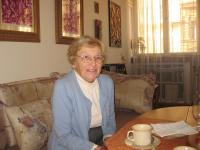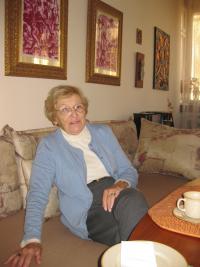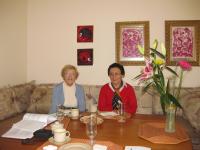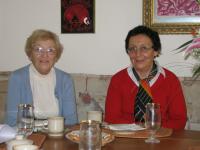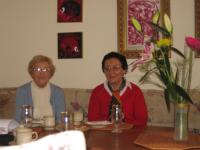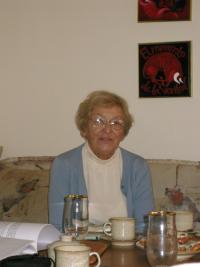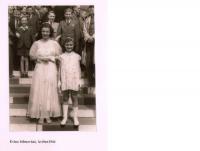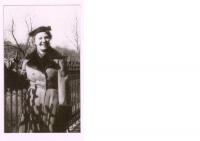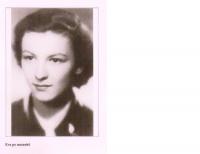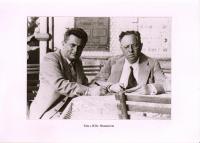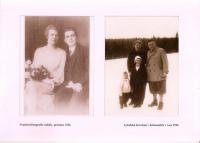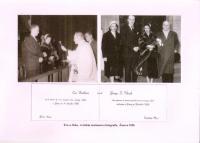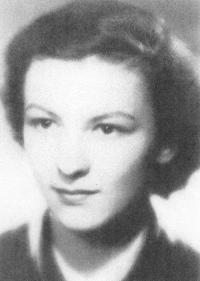I wanted to let it be known that not everybody in our family was a communist

Stáhnout obrázek
Eva Vaňková, née Fischlová, was born the first of two daughters to a Czech-Jewish family in 1930. Her father Otto Fischl was of Jewish origins, and her mother was catholic. The father was a lawyer and the mother was a housewife. In 1939, the father had to quit his business for racial reasons and the family was considered to be racially mixed. The father and both daughters escaped deportation to the Terezín ghetto thanks to a doctor who confirmed the father to be incapable of transport. The father had been in touch with artistic - primarily left-wing avant-garde - circles before the war, and after the war he joined the Communist Party and embarked on a political and diplomatic career. Eva Vaňková and her younger sister Helena (married Kosková) were, by contrast, strongly anti-communist in their views. The father was the ambassador to the GDR between 1949 and 1951. Eva Vaňková emigrated to the West via Berlin when on a trip to meet her father in East Germany. Her father was arrested in June 1951, prosecuted as part of the Rudolf Slánský trial, and executed in December 1952. In exile, Eva Vaňková worked with Radio Free Europe, lived in Germany and Switzerland, and relocated to the US with her husband in 1957; she still lives in the US.
